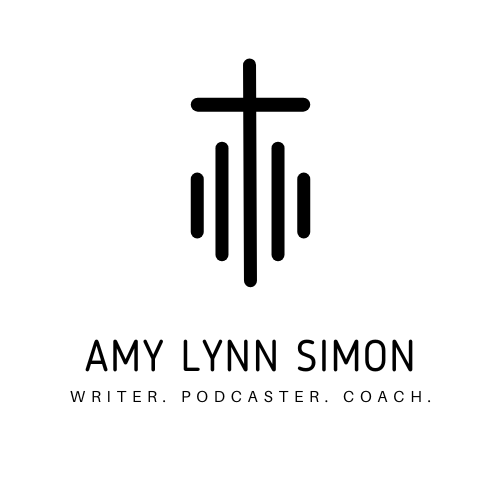Self-awareness as a path to Christian spiritual growth
I know my kids pretty well. I can usually predict which situations are going to throw them into a tizzy and what they need to hear in order to help them regain peace. I can read their body language and figure out when they’re relaxed, stressed, or angry. I know the look in their eyes when they’re trying to hide something or when they’re afraid. That knowledge comes from years of spending time with them, watching them, and living life with them.
Maybe you know your kids that well, your spouse, your best friend, or your parents.
But do you know yourself that well?
Do you understand where your strengths and weaknesses are? Do you have a humble, accurate assessment of what you have to offer others and where you need others to fill in your gaps? Do you know the areas you’re most likely to sin in? Do you know what your body does when you’re anxious or fearful? Are you aware of which types of situations are likely to cause you to be defensive, angry, or relaxed? Can you verbalize how you’re feeling at any given moment?
Being self aware means understanding ourselves - our personality, emotions, strengths, weaknesses, and sin tendencies. We use the phrase, “What’s your bent?” on a given topic, meaning what is our opinion, or leaning. But it’s also helpful to think about it in spiritual terms. We are all “bent”. We aren’t perfect, but sinful. However, each of us is “bent” differently. I have a tendency to sin in one area but not another. You might sin in a different area. The more we understand our own “bent”, the more we can be on the watch for situations where we’re likely to not respond the way Jesus would have us respond.
It’s also helpful to understand our strengths and what we have to offer others so we can serve in a way that brings us life and benefits others.
Self-awareness isn’t the end goal, but it’s a path to becoming more like Jesus and serving Him more effectively.
How do we become more self-aware for the purpose of growing more like Jesus?
Reflection, the first step in the BUILD method of renewing your mind, is a very helpful way to become more aware of ourselves, how we’re doing, and where we need to allow the Holy Spirit to move more fully in our lives. But what does that really look like? I’ve talked in the past about taking some time once a week to reflect and ask yourself some questions. You can read about that here. Here are some other ways to get to know yourself better.
1. Become a student of yourself. Be curious. What are you good at? What brings you joy and life? What drags you down and makes you want to run the other way? Personality tests can be a useful tool (but not the end goal) to helping us understand ourselves more.
When I first learned about the Enneagram personality system, I found it frustrating. Every time I took a test, I came up with a different result. But then as I read more about it, I discovered that I was sort of “spinning” my answers to what I thought they should be or what I wished they were. Which is actually right in line with one of the things I struggle with - wanting to look good to others. Regardless of what personality system you prefer, if any, the point is for us to understand where we’re most likely to sin and how we can best serve those around us.
“If anyone thinks they are something when they are not, they deceive themselves. Each one should test their own actions. Then they can take pride in themselves alone, without comparing themselves to someone else,” Galatians 6:3-4
2. Journal. When your emotions feel messy, or you’re frustrated and things just don’t seem to be working, write down what you’re thinking and feeling. I find that I get stuck in my head - thoughts swirl around and I don’t know what I’m feeling or why. Having a conversation with myself or with God on paper helps me to slow down and get those thoughts and feelings out. When they’re on paper, I can be more objective and see things more clearly.
3. Talk with someone close to you. Ask them where your blind spots are. We all have them. I became painfully aware of one of mine recently. I was completely oblivious until my husband pointed it out. We were designed for community - we aren’t complete alone. We need one another to help us see what we can’t. A Christian counselor can also help you find your blind spots and address the issues there.
What has your journey of self awareness looked like? How have you grown in this area?

